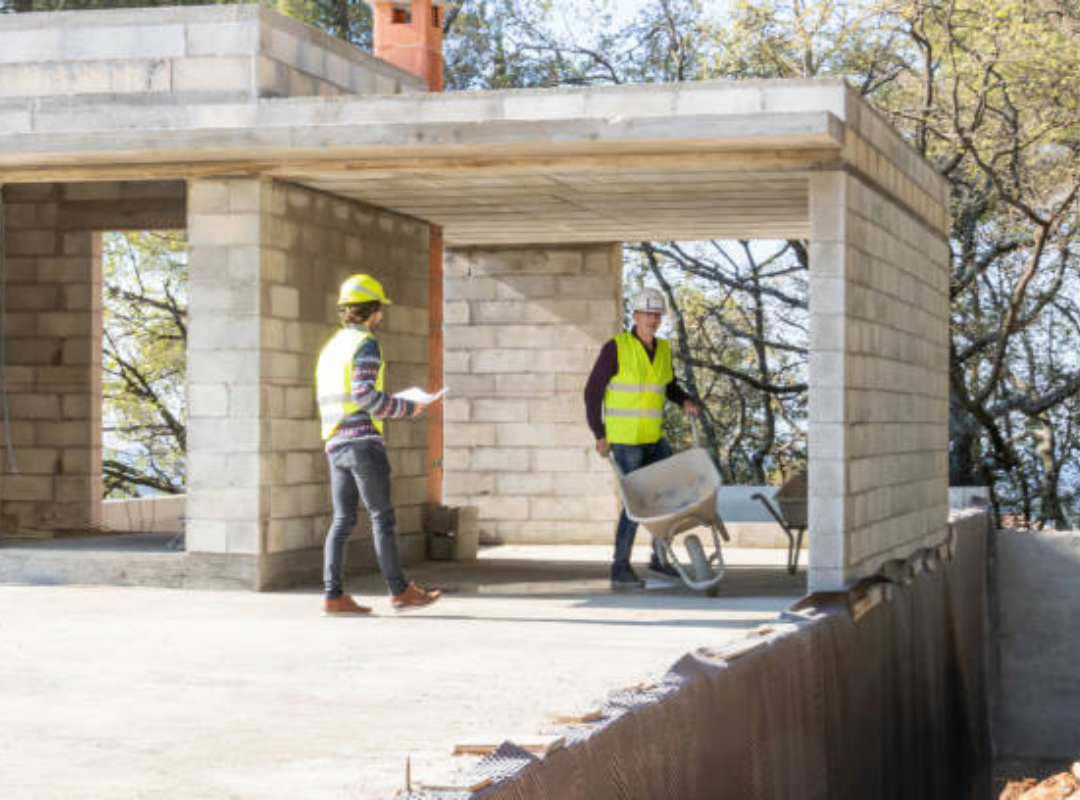How General Contractors Ensure a Smooth Build Process
Embarking on a construction project—whether building a new home, adding an extension, or undertaking a major renovation—is an exciting yet complex journey. From navigating permits to coordinating tradespeople, countless moving parts must align for the project to succeed. This is where general contractors become indispensable. They serve as the central point of command, ensuring that every stage of the build process flows efficiently from start to finish. With their expertise in planning, communication, scheduling, and quality control, general contractors minimize risks, prevent costly errors, and turn what could be a chaotic process into a seamless and rewarding experience.
Comprehensive Pre-Construction Planning
The foundation of any successful construction project lies in thorough pre-construction planning. General contractors begin by defining the project’s scope, which involves understanding the client’s vision, assessing site conditions, and identifying potential challenges. This stage includes conducting feasibility studies, developing detailed budgets, and establishing realistic timelines. By addressing these elements upfront, general contractors set clear expectations and create a roadmap that guides the entire project.
Effective Communication and Collaboration
Clear and consistent communication is vital to the success of any construction endeavor. General contractors act as the central hub, facilitating dialogue between clients, architects, engineers, and subcontractors. They ensure that all parties are aligned with the project’s objectives and are informed of any developments or changes. Regular meetings and updates help prevent misunderstandings and keep the project on track. By fostering an environment of open communication, general contractors mitigate risks and promote a collaborative atmosphere.
Navigating Permits and Regulatory Approvals
The construction industry is governed by a myriad of regulations and codes that vary by location. General contractors possess in-depth knowledge of these legal requirements and take the lead in obtaining necessary permits and approvals. They liaise with municipal authorities, ensuring that all aspects of the project comply with zoning laws, building codes, and safety standards. By managing this complex process, general contractors prevent legal complications and potential delays.
Hiring and Supervising Subcontractors
A significant aspect of a general contractor’s role is assembling a team of skilled subcontractors to perform specialized tasks such as plumbing, electrical work, and carpentry. General contractors are responsible for vetting these professionals, negotiating contracts, and overseeing their work to ensure it meets the project’s specifications and quality standards. This supervision guarantees that each component of the build is executed proficiently and cohesively.
Streamlining Project Timelines Through Experience
One of the key reasons homeowners choose general contractors is their ability to streamline the building process with minimal disruption. Leveraging years of hands-on experience, general contractors anticipate potential setbacks and proactively implement solutions that maintain project momentum. This approach is especially valuable during complex renovations, where coordinating multiple trades and timelines can be challenging. For example, during a comprehensive home remodeling process, contractors manage overlapping tasks like plumbing, electrical, and framing to avoid unnecessary delays. Their structured oversight ensures that milestones are met on time, all while preserving the integrity and vision of the renovation.
Implementing Efficient Scheduling and Workflow
Coordinating the myriad activities involved in construction requires meticulous scheduling. General contractors develop comprehensive timelines that outline when each phase of the project should commence and conclude. They sequence tasks logically to optimize workflow, prevent bottlenecks, and ensure that resources are allocated effectively. By adhering to a well-structured schedule, general contractors keep the project moving forward smoothly and within the established timeframe.
Ensuring Quality Control and Safety Standards
Maintaining high-quality standards and ensuring safety on the construction site are the paramount responsibilities of general contractors. They implement rigorous quality control procedures, including regular inspections and assessments of materials and workmanship. Additionally, they enforce adherence to safety protocols to protect workers and the integrity of the project. By prioritizing quality and safety, general contractors deliver a final product that meets or exceeds client expectations.
Managing Budgets and Controlling Costs
Financial oversight is a critical function of general contractors. They develop detailed budgets that account for all aspects of the project, from materials and labor to permits and contingencies. Throughout the build, they monitor expenditures, negotiate with suppliers and subcontractors, and identify opportunities for cost savings without compromising quality. Effective budget management ensures that the project remains financially viable and aligns with the client’s financial parameters.
Adapting to Changes and Problem-Solving
Despite meticulous planning, construction projects often encounter unforeseen challenges, such as weather delays, material shortages, or design modifications. General contractors are adept at navigating these issues, employing problem-solving skills to adapt plans and implement solutions promptly. Their ability to manage changes efficiently minimizes disruptions and keeps the project on course.
Utilizing Advanced Technology and Tools
Incorporating modern technology enhances the efficiency and accuracy of construction projects. General contractors utilize tools such as Building Information Modeling (BIM), project management software, and automated scheduling systems. These technologies facilitate better planning, real-time communication, and streamlined operations. By leveraging advanced tools, general contractors improve decision-making processes and project outcomes.
Focusing on Client Satisfaction
Ultimately, the goal of general contractors is to deliver a project that fulfills the client’s vision and requirements. They engage clients throughout the process, providing updates, seeking feedback, and making adjustments as necessary. This client-centric approach ensures that the final product aligns with expectations and fosters trust and satisfaction.
In conclusion, general contractors are instrumental in ensuring a smooth building process through their comprehensive planning, effective communication, regulatory expertise, and commitment to quality and safety. Their multifaceted role encompasses coordinating diverse elements, managing resources, and adapting to challenges, all to deliver a successful construction project that meets the client’s expectations.


